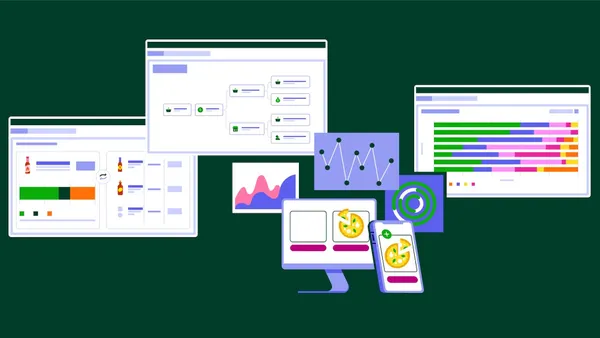Dive Brief:
- GE Appliances is now selling air conditioners that will respond to voice commands through Amazon’s intelligent assistant Alexa, according to a news release. That’s in addition to the appliance maker’s mobile app that can talk to air conditioners with a WiFi connection.
- Geneva, the name of the Alexa skill developed by GE Appliances, has been updated with new features to expand its range of voice commands. Users can ask Alexa to set the temperature, fan speed and get a status report.
- Home connectivity services such as Dash Replenishment, Nest Labs and IFTTT also work with GE products, the company said.
Dive Insight:
GE Appliances’ voice-activated air conditioners are the latest sign that major appliance makers are developing products with connectivity in mind. The market for home automation and monitoring devices is forecast to grow more than tenfold in the next four years to 770 million devices as more companies get on board with the internet of things, according to Juniper Research.
This growth in connected devices should help to spur demand for digital home assistants such as Amazon Echo and Google Home, which are still in their infancy. Market researcher GfK found that 10% of consumers own an Amazon Echo or Dot device, while Google Home has 2% penetration. Only 3% of survey respondents said they were very likely to buy a digital home assistant in the next year.
The GE partnership is an important expansion for Alexa, which is likely to start showing up on more manufacturers' products now that Amazon has released a developer kit with this in mind. Google arrived in the smart home devices category several years ago with its acquisition of Nest but Amazon could quickly speed past it if more manufacturers integrate Alexa.
Digital home assistants are mostly used for playing music or to search for routine information, but controlling lights and thermostats is in the top 10 of most popular functions, GfK found. Consumers are growing more comfortable with using voice commands to operate digital devices, with 76% of survey respondents saying they have used speech to operate a smartphone, tablet, car radio, personal computer or TV.











